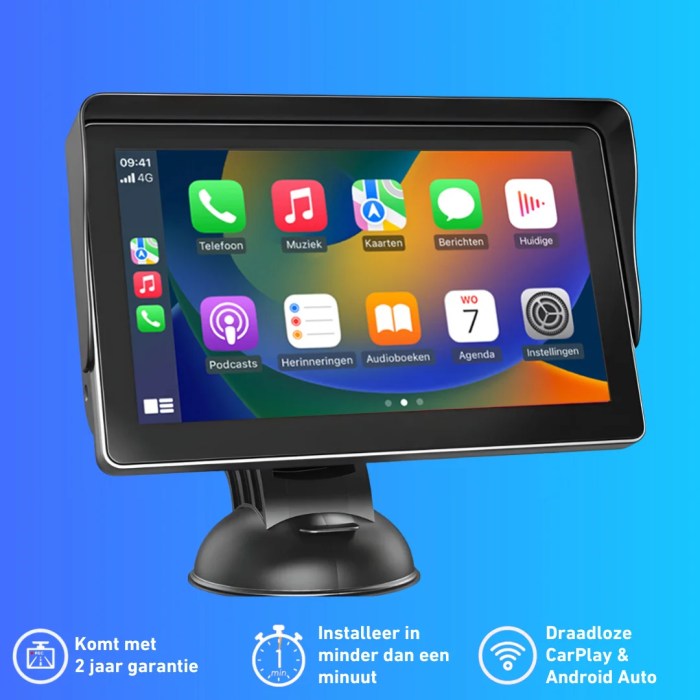In today’s digital world, data is growing at an exponential rate. With the increasing demand for storage solutions, businesses are constantly looking for reliable and scalable options to manage their data effectively. This is where S3 Storage Appliance comes into play.
S3 storage appliance is a storage solution designed to provide businesses with highly available and durable storage for their data. It is based on the popular S3 (Simple Storage Service) cloud storage platform, but with added benefits of on-premises deployment and management. In this guide, we will dive deep into understanding the S3 storage appliance, its types, pros and cons, and tips for using it effectively.
What is S3 Storage Appliance?
S3 storage appliance is a hybrid storage solution that combines the benefits of cloud storage with on-premises deployment. It enables businesses to store their data locally, while keeping it highly available and durable through integration with cloud services.
In simple terms, S3 storage appliance acts as an extension of your on-premises storage environment by providing a highly reliable and scalable storage solution for your data.
Types of S3 Storage Appliance
There are five types of S3 storage appliance available in the market:
Virtual S3 appliances:
These are software-based solutions that can be deployed on any hardware platform, providing flexibility and cost-effectiveness.
Physical S3 appliances:
These are hardware-based solutions that come pre-configured and optimized for S3 storage, offering high performance and scalability.
Cloud-integrated S3 appliances:
These are virtual or physical appliances that integrate with cloud storage services like Amazon S3, Microsoft Azure Blob Storage, or Google Cloud Storage.
Virtual tape library (VTL) appliances:
These are specialized S3 appliances designed for long-term data retention through the use of virtual tape libraries.
Object storage gateways:
These are S3-compatible appliances that provide seamless integration with existing on-premises storage systems, enabling businesses to access cloud storage as if it were local storage.
Pros and Cons of S3 Storage Appliance
Pros:
Scalable and flexible:
S3 storage appliance allows businesses to easily scale their storage capacity up or down as per their changing needs.
Highly available and durable:
With data being stored both locally and in the cloud, S3 storage appliance ensures high availability and durability of your data.
Cost-effective:
By leveraging the cloud for data storage, businesses can save on hardware costs and only pay for the storage they use.
Seamless integration:
S3 storage appliance seamlessly integrates with cloud storage services, making it easy for businesses to access and manage their data.
Simplified management:
With S3 storage appliance, businesses can easily manage their local and cloud storage through a single interface, reducing complexity and improving efficiency.
Cons:
Internet dependency:
Since S3 storage appliance relies on cloud services for data accessibility, any internet connectivity issues can affect the availability of data.
Potential downtime:
In case of hardware or software failure, there is a possibility of downtime for data access until the issue is resolved.
Security concerns:
Storing data in the cloud may raise security concerns for some businesses, especially if they deal with sensitive information.
Limited control:
As the storage infrastructure is owned and managed by the cloud service provider, businesses have limited control over their data.
High initial costs:
Physical S3 appliances can be quite expensive, making it difficult for small businesses to adopt this solution.
Tips for Using S3 Storage Appliance Effectively
1. Understand your data:
Before deploying an S3 storage appliance, it is important to understand the type of Data you have and how frequently it needs to be accessed.
2. Choose the right type of appliance:
Each type of S3 storage appliance has its own advantages and use cases. Choose the one that best fits your business requirements.
3. Monitor and optimize performance:
Keep a close eye on the performance of your S3 Storage appliance and make necessary adjustments to ensure optimal performance.
4. Implement data backup and disaster recovery strategies:
Having a solid backup and disaster recovery plan in place is crucial for ensuring business continuity in case of any unforeseen events.
5. Secure your data:
Implement proper security measures to protect your data from unauthorized access and potential cyber threats.
6. Regularly review and update storage policies:
With changing business needs, it is important to regularly review and update your storage policies to ensure efficient use of your S3 storage appliance.
7. Utilize advanced features:
S3 storage appliance offers advanced features like data tiering, compression, and encryption. Utilize these features to optimize your storage costs and enhance data security.
8. Leverage cloud services:
Take advantage of the integration with cloud services by utilizing additional features like disaster recovery, data analytics, and machine learning for enhanced business benefits.
Conclusion
S3 storage appliance is a powerful hybrid storage solution that can significantly improve the way businesses manage and store their data. By understanding its types, pros and cons, and following the tips mentioned in this guide, businesses can effectively leverage S3 storage appliance for their data storage needs. With the continuous growth of cloud computing, S3 storage appliance is set to become an essential tool for businesses of all sizes in the near future. So why not explore this solution for your organization today!
FAQs
1. How does S3 storage appliance differ from traditional on-premises storage?
S3 storage appliance combines the benefits of both cloud and on-premises storage by providing a scalable, highly available, and cost-effective solution for data storage.
2. Can I access my data stored in an S3 storage appliance if there is no internet connectivity?
No, S3 storage appliance requires internet connectivity to access data stored in the cloud.
3. Can I control where my data is stored with an S3 storage appliance?
S3 storage appliance offers some control over where your data is stored by allowing you to choose which cloud service provider to integrate with. However, the infrastructure and management of the storage still lies with the cloud service provider.
4. Can I use S3 storage appliance for long-term data retention?
Yes, with the option of virtual tape libraries and tiered storage, S3 storage appliance is a great solution for long-term data retention needs.
5. Is it possible to easily switch from one type of S3 appliance to another?
It is possible to switch between different types of S3 appliances as your business needs change. However, it may require some planning and potential downtime during the transition process. So, it is important to carefully choose the initial type of appliance based on your long-term storage requirements.









